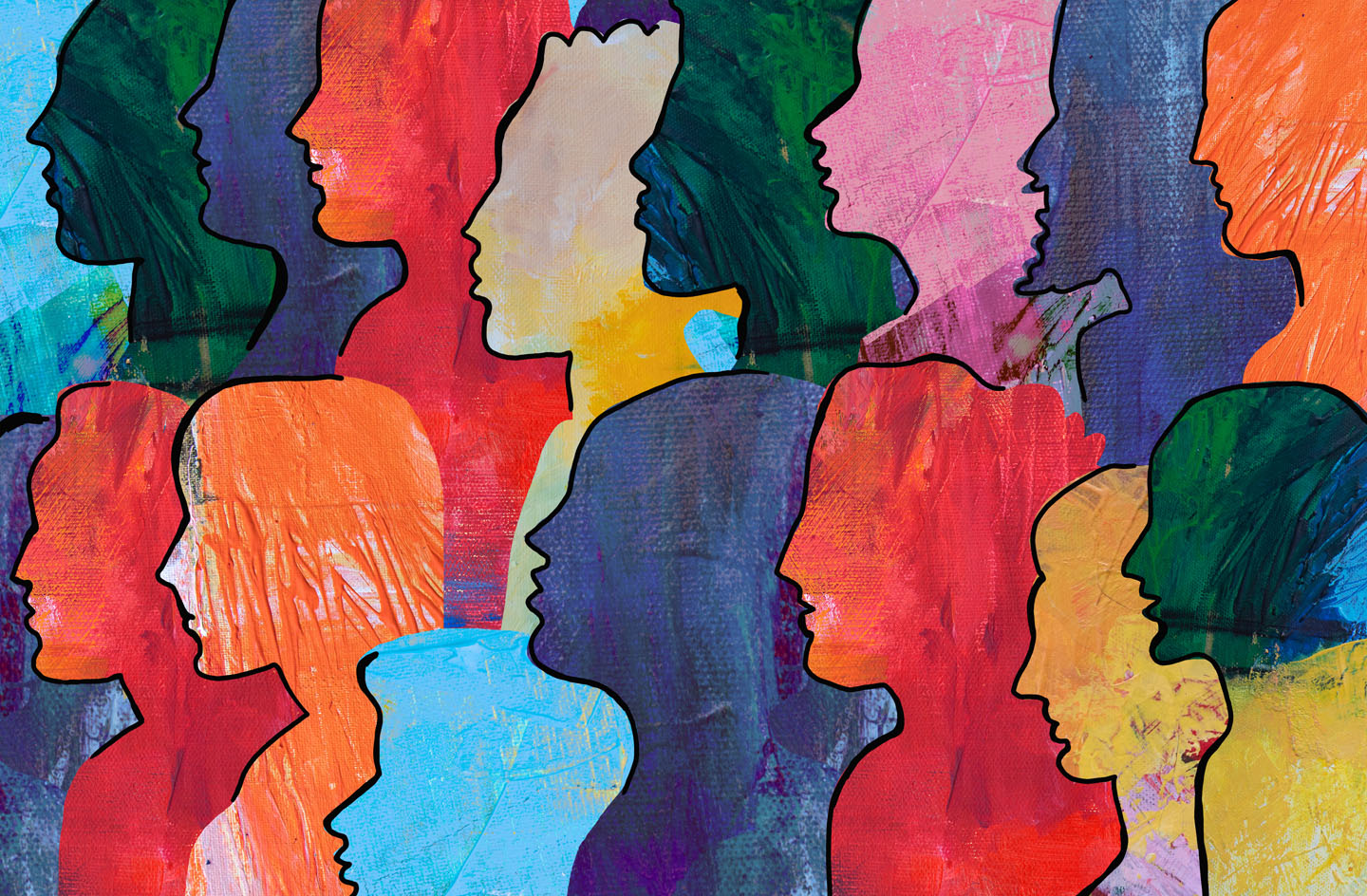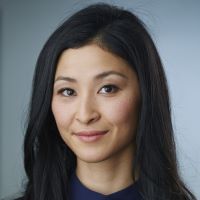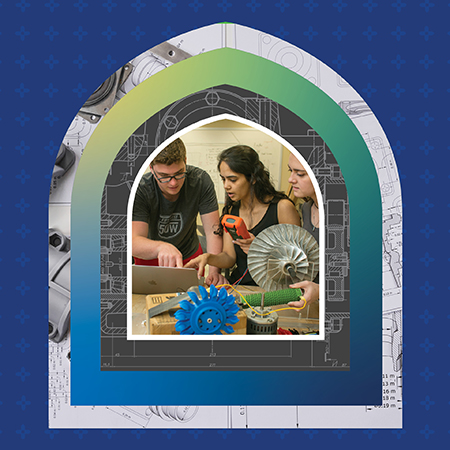Creating better leaders through better discourse

Why is it so difficult to have productive conversations these days?
That’s one question Duke faculty and students are seeking to answer through several new campus-wide efforts aimed at developing skills for civil discourse.
“The ability to engage with differing perspectives is essential to a vibrant academic community that can cultivate the next generation of leaders for our world,” said Alec D. Gallimore, provost and chief academic officer of Duke. “In the United States alone today, polls show decreasing interest in understanding and seeing others as fellow citizens. But at Duke, we are committed to fostering an environment where meaningful dialogue and mutual respect can thrive.”
While Duke has long prioritized and fostered open discourse and free inquiry, today’s social and cultural environments highlight the need to recommit to these values.
Several recent efforts demonstrate that commitment, including:
- Duke’s Polarization Lab, which brings together scholars from the social sciences, statistics, and computer science to study how to bridge the U.S. partisan divide
- The Provost’s Initiative on the Middle East, an ongoing effort to create space at Duke for constructive conversation on conflicts in the region among people of different perspectives and points of view
- The Provost’s Initiative on Pluralism, Free Inquiry, and Belonging, a new initiative that will launch in 2025 to help students conduct constructive conversations across diverse perspectives and help faculty better support student skill development. In addition, the initiative provides opportunities for faculty to develop new courses, conduct research, and bring speakers and visiting scholars with different perspectives to campus.
- The Civil Discourse Project part of the Sanford School of Public Policy’s POLIS: Center for Politics, which sponsors courses, events, and scholarship that promote civil discourse.
But in a climate in which young people increasingly do not feel comfortable sharing their views and, according to Pew Research Center, adults under 30 are more likely than older adults to take a pessimistic view of fellow Americans, finding a way to bridge the gaps is more important than ever.
In 2023, a new dorm began at Duke with this objective in mind—called the Transformative Ideas Living/Learning Community. Integrating concepts of civility and open dialogue into the residential experience is a rarity among universities, but at Duke, community lies at the heart of the experiment.
In Kilgo Residence Hall on Duke’s West Campus, community of about 20 students seeks to live in an environment that fosters free thinking and expression around big ideas. All ideas are welcome, and listening to other views is as important as voicing your own, students say. And while these discussions can just as easily be held in a classroom or in a coffee shop, having them in your own dorm matters.
“When you’re in college, this is your home,” says Jason Murray, Jr., junior from Miami studying philosophy and classical studies and co-president of the residential community. “When you associate your home with interesting ideas with different people across a variety of perspectives, that can give a sense that when you go out into the world again, you get to have more of a comfort with different ideas.”
Polly Ha, a historian and faculty director of the Transformative Ideas program, an effort preceding the dorm that was created to address the twin challenges of declining mental health among young people and the increasing reluctance by college students to speak their minds, said the dorm brings “the intellectual life of the classroom into the life of the students.”
“They get to read, think, and eat together. They get to disagree, laugh, and stay up late hashing out what they think with each other,” says Ha. “Those are the sorts of college experiences and conversations that are lasting.”
Candis Watts Smith, interim vice provost for undergraduate education and a professor of political science, lives in a Duke residence hall and serves as a faculty in residence. She says students have an opportunity like never before to develop the “skills necessary for mutual respect, community, and constructive conversations.”
“I interact every day with brilliant Duke students who are looking for answers to the biggest challenges of our day,” Watts Smith says. “This is the time to learn how to be the best kinds of citizens for our future world.”




